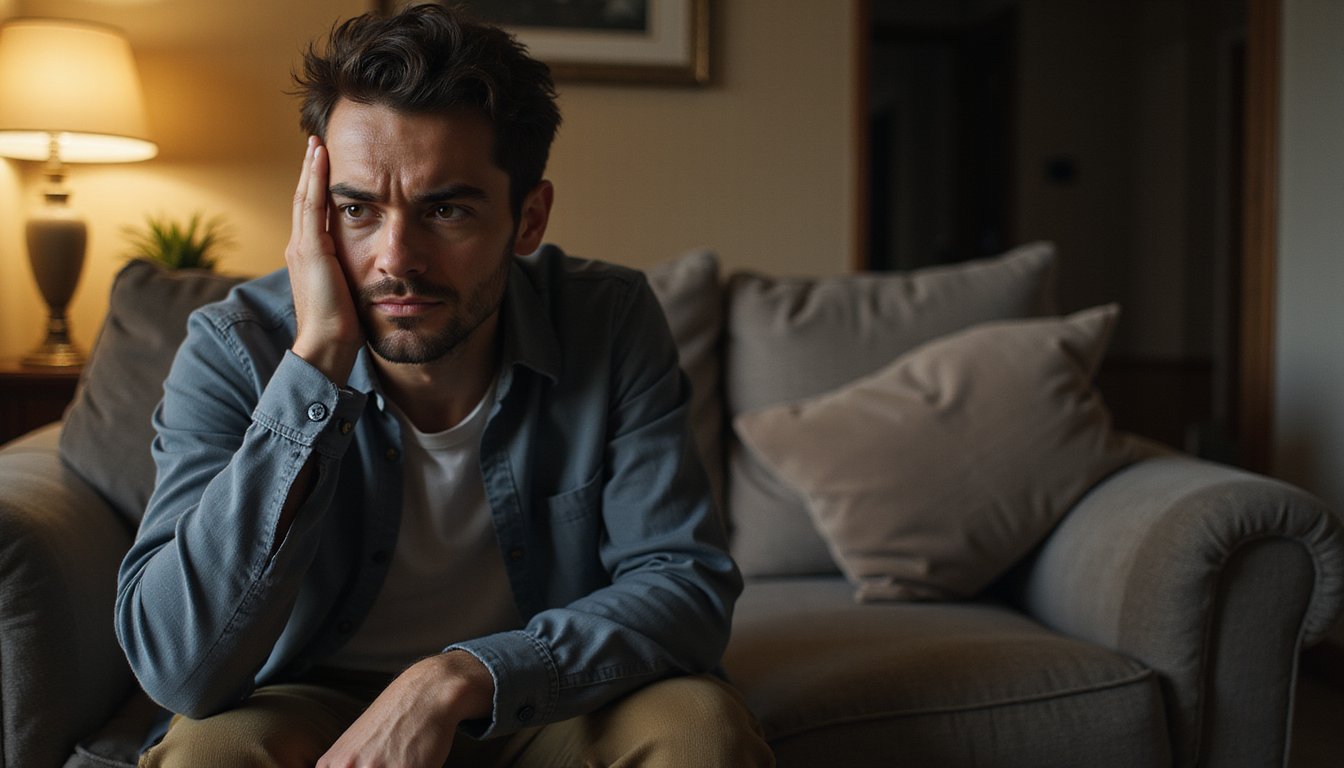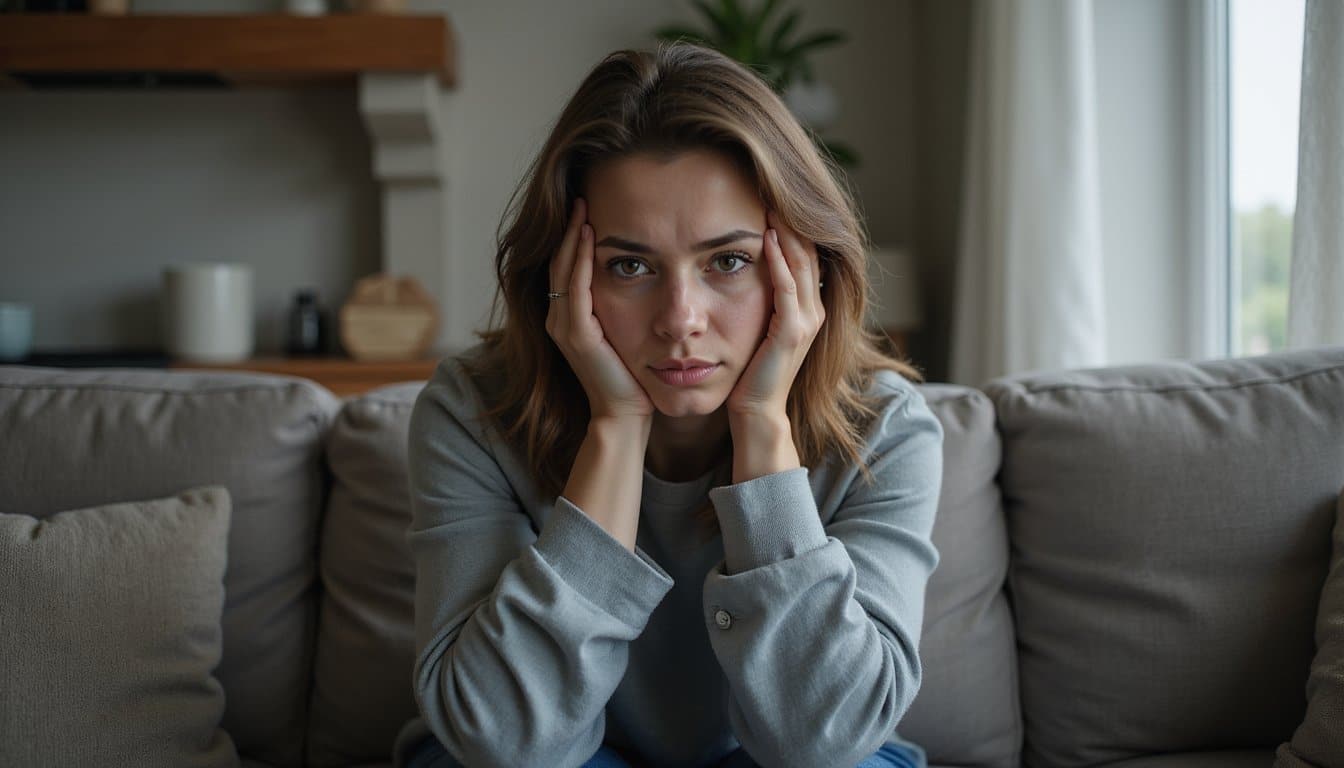What You Need to Know About Depression
Life can be hard for all of us. Things just go wrong sometimes, and they can leave us feeling bad. The important thing to know is that this is completely normal for everyone and that the feeling will likely pass. For a number of people, though, these feelings do not pass, and they might not even seem like they are tied to an obvious occurrence. This is called depression, also known as major depressive disorder or clinical depression, and it can have a major impact on your life.
Suffering from depression can prevent you from being able to engage in everyday life as well as deeply affect how you think and feel. It can change sleeping habits and how you eat. When unmanaged, depression can even lead to substance use disorder and thoughts of ending your life. It is an illness that can affect anyone. Thankfully, there is help available.
How to Recognize Depression
In order to make a depression diagnosis, five symptoms of depression must be exhibited daily for a period of roughly two weeks. Common signs of depression include:
- Persistent sadness
- Ongoing anxiety
- A feeling of emptiness
- Feelings of hopelessness
- A lack of self-worth
- Nonstop feelings of guilt
- A feeling of helplessness
- Lack of interest in activities or hobbies that typically give one pleasure
- Fatigue or a dramatic loss of energy
- Inability to concentrate or remember things
- Inability to make decisions
- Change in sleeping habits
- A reversal in appetite or a change in weight
- Ailments without a clear physical cause that do not respond to treatment
- Thoughts of death or suicide
Depression Does Not Look the Same in Everyone
Age is a big determining factor in how depression can look different from person to person. Older adults may report a lack of emotion or may show signs of sadness or grief that do not immediately read as depression. They are also more likely to have underlying pain or medical conditions that could be contributing factors to their depression. With adults in middle age, it is common to see gastrointestinal issues, decreased libido, and insomnia.
In younger adults, depression can combine with other disorders. Some examples would be substance use disorder, social phobia, and generalized anxiety disorder. They are also more likely to have an overall negative view of life. In older children and teens, excessive sleeping and eating are common. Also common for older children and teens are other disorders such as eating disorders, ADHD, and substance use disorder. Older children and teens are more likely to get into trouble at school. Young children with depression may regularly pretend to be sick, try to get out of going to school, become clingy to a parent, or regularly worry that they will die.
Ways to Help a Loved One With Depression
When a loved one or friend is depressed, it is easy to feel helpless. However, there are things that you can do.
- Help them to see a medical professional
- Let them know that the depression will ease if they are willing to receive treatment and give it some time
- Help them to maintain their plan for treatment
- Help them get to their therapy appointments
- Include them in uplifting activities such as walks, hikes, and outings
- Be patient with them and offer understanding as well as encouragement
How to Help Yourself When You Are Depressed
It is hard when you are depressed to get even the most basic life tasks accomplished. First and foremost, you need to be willing to accept and receive help. Once you are receiving treatment for your depression, here are some other things you can do as you begin to feel better over time:
- Go easy on yourself
- Eat regular and healthy meals
- Try to get at least 30 minutes of physical activity
- Do what you can as you are able
- Prioritize what needs to be done now and what can wait
- Keep connections with other people
- Share your feelings with those whom you trust
- Do not make important life decisions until you feel more like yourself
- Avoid the use of drugs and alcohol, including prescription meds that haven’t been prescribed to you
Are There Different Kinds Of Depression?
There are actually a number of different forms of depression. Two common forms of depression are major depression and persistent depressive disorder. With major depression, you have the symptoms of depression for the bulk of two weeks, interfering with your normal life. Persistent depressive disorder can have milder versions of the symptoms, but the time frame is longer. Two years is typical for this kind of depression.
Depression is common during or after pregnancy. The type of depression during pregnancy is called perinatal depression, while the type of major depression one experiences after giving birth is known as postpartum depression.
The time of year can actually be a factor in depression. Seasonal affective disorder is a type of depression that can come and go with the seasons. Typically, this type of depression begins in the late fall or early winter and dissipates once spring and summer come around.
An extremely severe type of depression that is accompanied by symptoms of psychosis is also possible. With this type of depression, you may also experience hallucinations and/or delusions.
Depression and Substance Abuse
Depression and substance abuse regularly go hand-in-hand. In a published study, a staggering 93% of a studied group expressed different levels of depression that accompanied substance use.
Dealing with depression or substance abuse is not easy. It can be even more difficult if you are struggling with both. When there is a mental health problem that is not being treated, a substance use issue is liable to get worse. In turn, when substance use increases, depression is likely to increase as well. Together, this can be especially dangerous as someone who is depressed and is also suffering from substance use disorder is more likely to overdose.
Depression is also a symptom of withdrawal. Acute withdrawal symptoms can occur in the early days and weeks following cessation of substance use. If you are dealing with withdrawal symptoms, it is important to have professional help with your detoxification. Having help with your mental health during this time is also imperative to managing symptoms like depression.
Depression Treatment Options
Depression treatment most often involves psychotherapy, medication, or a combination of the two. Should these options not show a reduction in symptoms, brain stimulation therapy is sometimes administered. When a case of depression is mild, the treatment often focuses on psychotherapy with medication following should the client not improve. With more moderate to severe cases of depression, both medication and psychotherapy are employed in tandem at the onset.
Medication
It is important to give medication an opportunity to have a positive effect on depression, and that can take some time. Antidepressants can take one to six weeks to have an effect on mood. Other depression symptoms may be affected beneficially before moods, such as appetite, sleeping habits, and focus. Esketamine is a medication option for clients who have treatment-resistant depression. It is delivered nasally by a medical professional and its effects act rapidly to treat depression. The client then typically continues taking medication orally to maintain the abatement of depression symptoms.
It is worth noting that there are no natural products that have been approved by the FDA to treat the symptoms of depression. That being said, some clients have reported finding benefits in Vitamin D or St. John’s Wort in the alleviation of their symptoms of depression. Another natural option that is not approved by the FDA is SAMe. This is a synthetic version of a chemical that naturally occurs within the body. It should be noted that not enough studies have been conducted to determine how effective it actually is in treating depression, and it can have side effects for people with bipolar disorder. These types of supplements should be approved by a medical professional and should not be seen as a substitute for antidepressants.
Psychotherapy
Psychotherapy is used to teach clients to change the habits that factor into their depression as well as to find new ways of thinking. Therapy can be part of a group or one-on-one. In both situations, it is led by a licensed and trained mental health professional. Two common types of psychotherapy to treat depression are cognitive behavioral therapy and interpersonal therapy.
Brain Stimulation Therapy
Another option for the treatment of depression is brain stimulation therapy. This form of therapy is most commonly utilized when other treatments have been unsuccessful. Brain stimulation therapy involves magnetic waves or electricity stimulating the brain.
Getting Help for Depression and Substance Use
Whether you are battling depression, substance use, or both, it is vital that you know that you are not alone and that there is help available for you. It may not feel like it now, but there is light at the end of the tunnel. The first step toward a better tomorrow is being able to recognize that there is a problem and that you need assistance.






